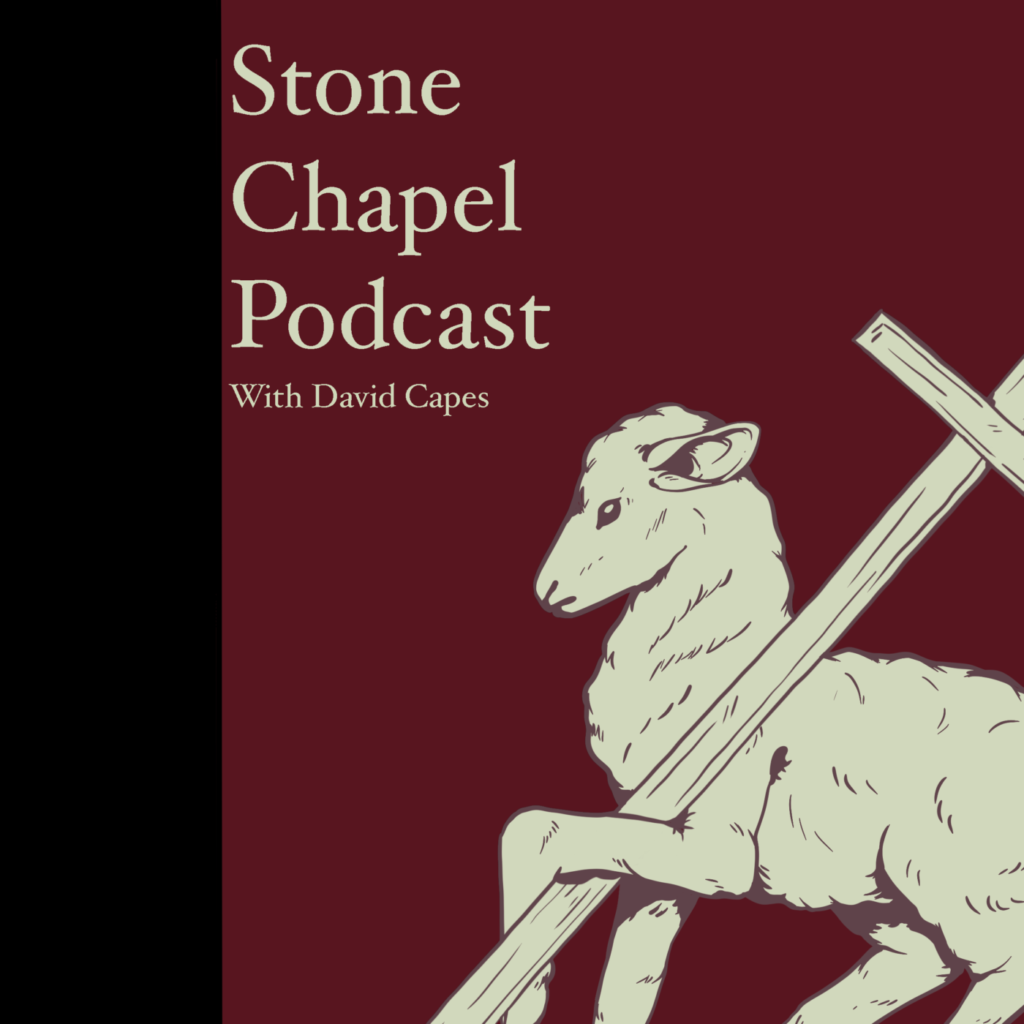

Making Christians: The Ancient Practice of Catechism
“Making Christians” is an expression that comes out in this podcast with Dr. Curtis Freeman. In more modern idiom we might say “Making Disciples.”
Making Christians: Who is Curtis Freeman?
Dr. Freeman serves as Research Professor of Theology and Director of the Baptist House of Studies at Duke Divinity School.
He is a native Texan and has served as pastor and professor in a variety of settings.
He earned his BA at Baylor University, His MDiv at Southwestern Baptist Theological Seminary, and his PhD at Baylor University.
Before moving to Duke Divinity School, he taught at Houston Baptist University for ten years, which is where he crossed paths with our host, David Capes.
Pilgrims Letters
Dr. Freeman has written an important book entitled Pilgrim Letters: Instruction in the Basic Teaching of Christ (Fortress Press, 2021).
It grows out of a concern he has for pastors, parents, and church leaders who are struggling to accomplish the Great Commission (Matt 28:19-20).
Not the going part. Not the baptizing part. But the “teaching them to observe all I [Jesus] have commanded you” part.
Making Christians: What is the big idea?
Curtis is interested in recovering the ancient practice of catechism.
That is, teaching and training believers on their journey to baptism and living honestly out of that event.
He is interested in the basic idea: what does it mean to follow Jesus? Or what does it mean to become a Christian?
Starting with Hebrews 6:1-2, Dr. Freeman explains six principles that are essential to discipleship. You might be surprised what they are
Pilgrims Letters: What are people saying about the book?
Here is what Dr. David Lyle Jeffrey, Distinguished Senior Fellow at Baylor Institute for Studies in Religion, has to say about the book:
“Curtis Freeman has composed a wonderful book of basic Christian teaching that is timely, accessible and gracious.
It is timely because free church people are at last beginning to realize how much has been lost by abandoning older classics of instruction and need something to fill the gap.
It is highly accessible, written not to impress academics, but without condescension, in prose an intelligent child of ten can understand.
It is gracious in the author’s humble and loving tone, his rich but distilled wisdom blessedly free of self-righteousness.
This book will be a godsend for parents, grandparents and even pastors.”
And be sure to stick around for a nugget of wisdom from Dr. Curtis Freeman.
For more Stone Chapel Podcasts, click here.
Subscribe to all of these short, succinct theological and biblical podcast episodes. They cover a wide range of disciplines with scholars and theologians across the globe in a friendly and informative Q and A.